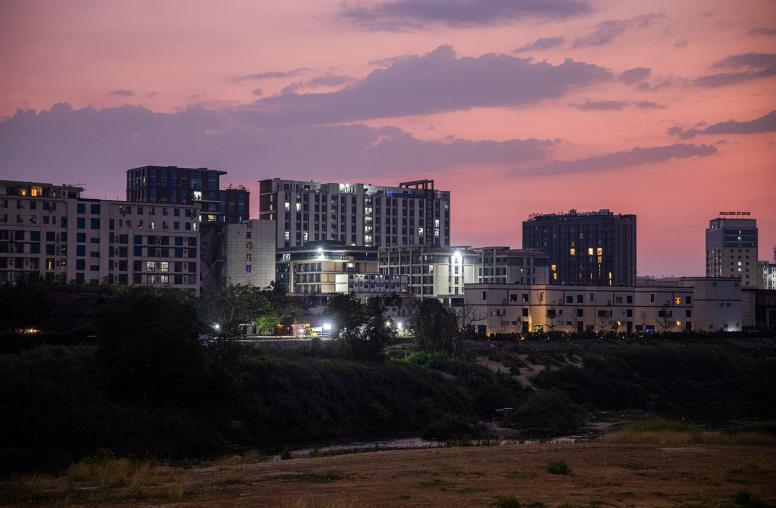Good Governance After Conflict: Guiding Principles
The aim of this course is for participants to understand the challenges and opportunities in achieving good governance within the complex context of a transition environment. Ultimately, this course will help enable participants to develop and implement effective strategies for building good governance in conflict-to-peace transitions.

Course Overview
This course is designed to provide an introduction to some of the key considerations of establishing good governance after conflict. Through conceptual presentations and case study exercises, participants will experience an interactive approach to learning about the challenges confronting international and local actors when establishing or re-establishing good governance. Participants will leave this course with an understanding of the tensions and contradictions in post-conflict functions; the challenges facing interim governments; the role of the international community; the issue of addressing corruption; and challenges and opportunities for economic reconstruction after conflict.
If you cannot play the video, click here to download it.
Agenda
Chapter 1 - Introduction
This chapter will provide a broad overview of the various elements and issues associated with governance in a post-conflict environment. We will go over key terms and concepts in the field and take a brief look at Afghanistan and Liberia where some of the issues of post-conflict governance have been at play. We will also examine how governance during war-to-peace transitions fits into USIP’s larger framework for reconstruction and stabilization.
Chapter 2 - Conceptual Frameworks and Their Application
This chapter examines the contradictions and challenges of good governance that are important to consider in war to peace transitions. We will look specifically at the principles of good governance, various methods for implementing good governance, theories of democracy that are applicable to transition environments, and the role of the international community in these contexts. By the end of this session we hope that you are able to think more strategically and comprehensively about these challenges when you encounter them in your own work.
Chapter 3 - Interim Governments
This chapter examines the contradictions and challenges of good governance that are important to consider in war to peace transitions. We will look specifically at the principles of good governance, various methods for implementing good governance, theories of democracy that are applicable to transition environments, and the role of the international community in these contexts. By the end of this session we hope that you are able to think more strategically and comprehensively about these challenges when you encounter them in your own work.
Chapter 4 - Accountability and Responsibilities of International Actors
Implementing programs that improve governance in emerging political systems requires an understanding of the complex dynamics among funding, organizational mandates, interim governments and groups who are the intended beneficiaries of international interventions. This session will also address issues related to post-conflict administration, accountability and strategies for public administration reform.
Chapter 5 - The Challenge and Importance of Combating Corruption
Have you witnessed corruption in your community? Your region? Your state? Most people have witnessed some form of corruption but how do we know what corruption is? What does it look like? What impact does corruption have on society? How do we combat corruption? We will explore these and other questions in this session.
Chapter 6 - Supporting Governance Structures for Economic Reconstruction
This chapter will examine the challenges to accountable fiscal management, accountable handling of natural resources and combating corruption. What are strategies for supporting local reform constituencies and pressure groups, as well as meeting transparency, inclusion and participation needs? Economic reconstruction is vital to the development of society, but it is particularly complex. In this chapter, we will explore five steps that will help ensure that economic reconstruction in conflict-affected states is impactful, sustainable and effective.
Course Instructor
- Debra Liang-Fenton, Consultant and former Senior Program Officer, U.S. Institute of Peace



